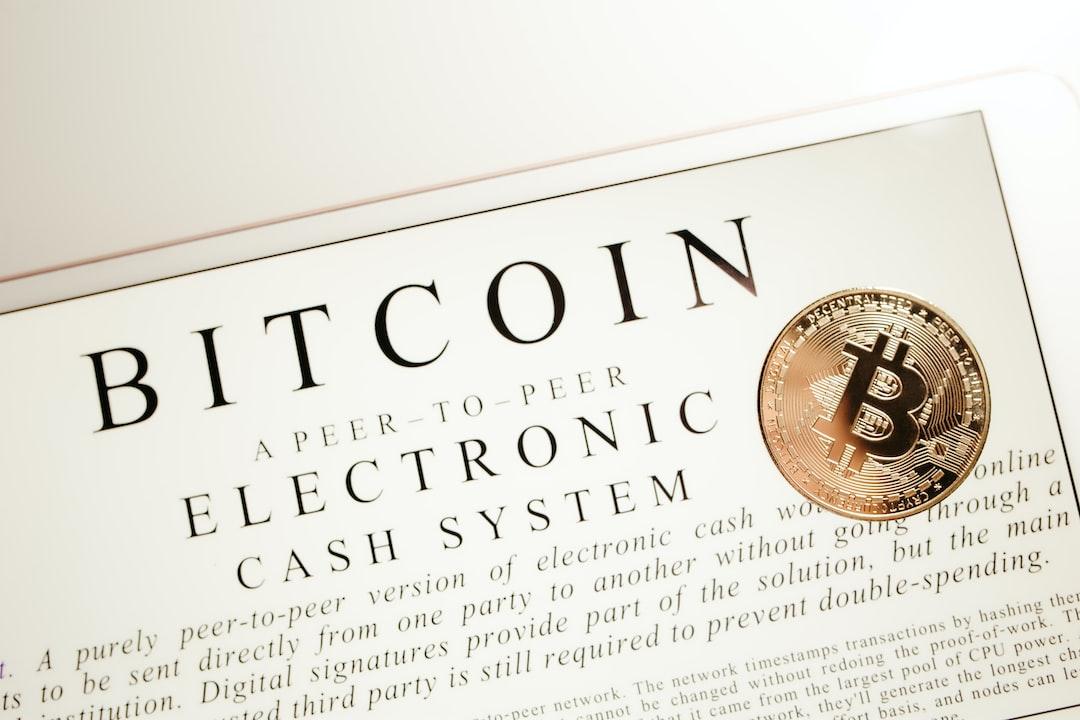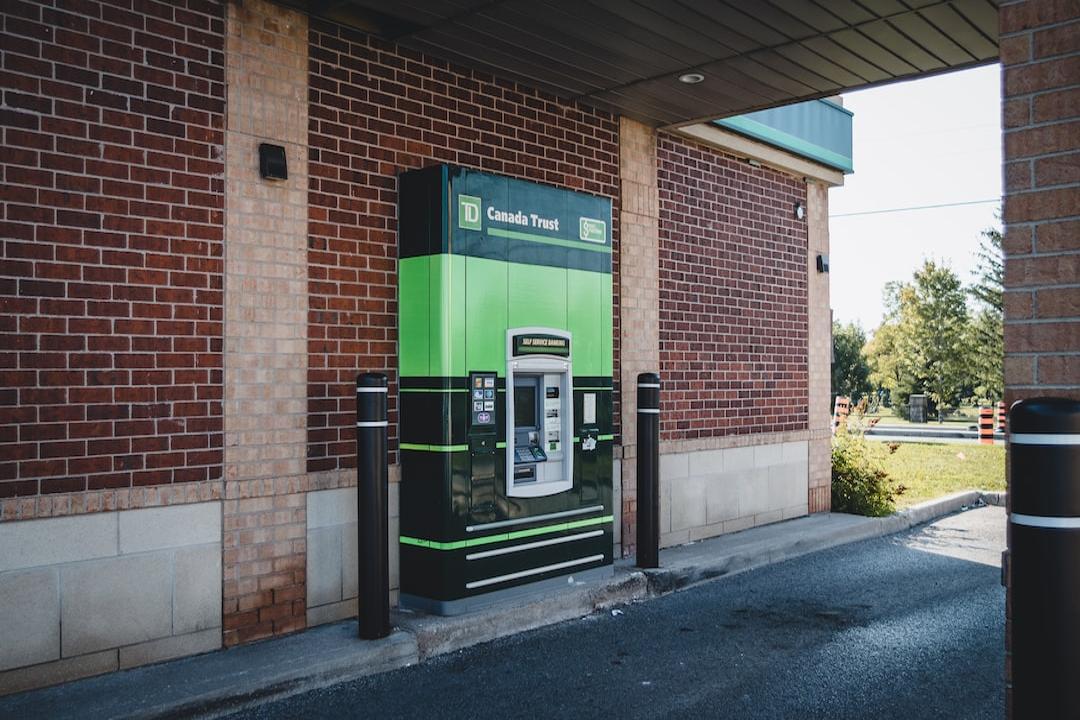Republican Senator Cynthia Lummis and Democratic Senator Kirsten Gillibrand introduced the latest stablecoin bill in mid-April. S&P Global Ratings believes that if the bill is passed, it will lead to Tether being phased out.
Banking Enters, Tether Exits
Stablecoin Bill May Face Difficulties
Banking Enters, Tether Exits
S&P Global Ratings points out that if the stablecoin bill is passed, it will accelerate the innovation of traditional financial institutions on the blockchain, especially in tokenized or digital bond issuance involving on-chain payments. As the adoption of stablecoins by institutions increases, it will pave the way for banks to become stablecoin issuers and weaken Tether’s dominant position.
S&P states:
Advertisement – Continue reading below




If the new bill is passed, stablecoin issuers without banking licenses will be restricted to a circulation of $10 billion, giving banks a competitive advantage. In addition, Tether is not a U.S. entity, meaning U.S. entities will be unable to hold or trade USDT.
However, S&P also found that Tether’s trading activities mainly occur in emerging markets outside the United States, driven by retail investors and cross-border remittances.
Earlier, analysts from JPMorgan also expressed a similar view:
(
JPMorgan: Stablecoin Law to Be Enacted, U.S. Can Sanction Offshore Entities, Tether Faces Serious Challenges
)
Stablecoin Bill May Face Difficulties
Republican Senator Cynthia Lummis and Democratic Senator Kirsten Gillibrand introduced the latest joint bill in mid-April, which would establish a regulatory framework for stablecoin issuers at the state and federal levels and completely ban algorithmic stablecoins. CoinDesk’s Global Policy and Regulation Editor Nikhilesh De does not have much confidence in the smooth implementation of the bill, raising several concerns:
It will not prevent wrongdoers from adopting foreign stablecoins.
DAI is not an algorithmic stablecoin, and the bill does not provide clear guidance on this.
The United States is entering election mode in the second half of the year, and high-ranking officials and lawmakers may pay even less attention to crypto-related bills.
The issuance cap of $10 billion will cause Circle to be unable to operate unless it becomes a state or federal government-chartered depository institution.
Tether has not responded to requests for comments from CoinDesk and The Block.
Additionally, since the two senators introduced the “draft” bill, nearly two years have passed without significant progress.
(
Bipartisan Crypto Bill: Milestone Achieved, Criticized by Financial Reform Groups, What Are the Highlights?
)
Tether
Stablecoin Bill


Further Reading
Circle CEO Jeremy Allaire considers issuing stablecoins in Japan, expecting cross-application payment scenarios.
Powell emphasizes the federal role in stablecoin regulation, CBDC not in immediate plans.

